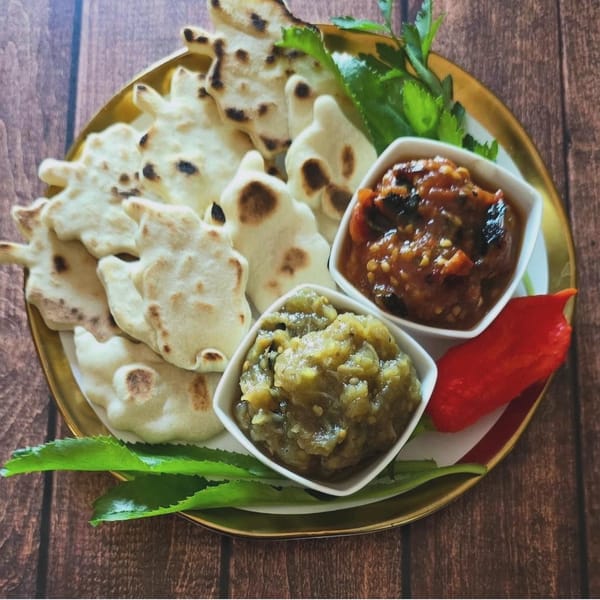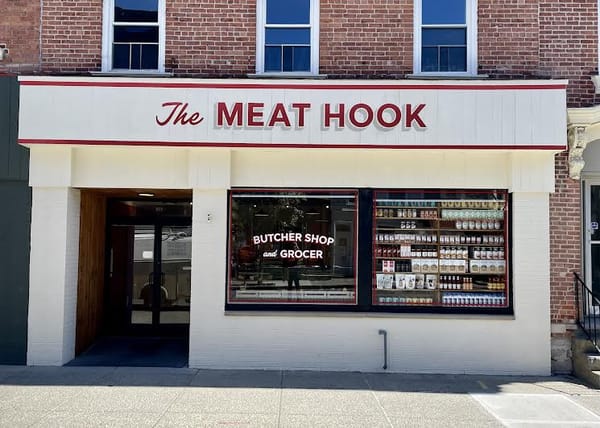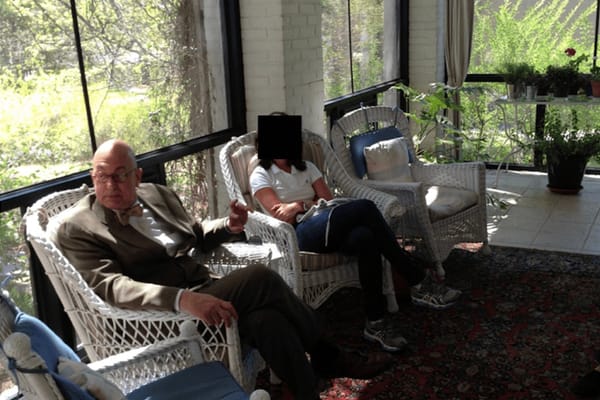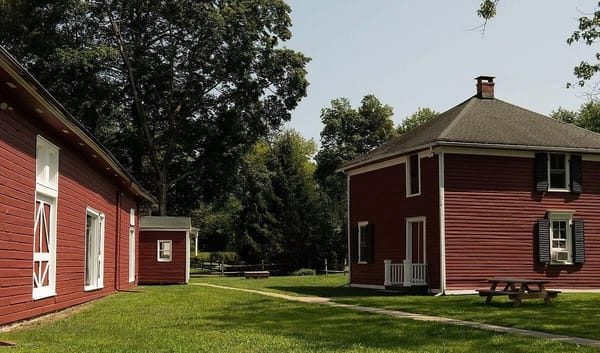
Peter Davies and Mark Scherzer are the owners of Turkana Farms in Germantown, NY. This week Mark writes: A couple of weeks ago, I described arriving at young adulthood in a state of profound alienation from the natural world. How did I find my way to the realization (or is it a delusion?) that raising vegetables and animals is not merely worthwhile, but also deeply fulfilling? It would be simple to write a single sentence summing up the entire process: “Peter taught me.” After thirty-one years as a member of a tight dyad (to use Kurt Vonnegut’s term), it would perhaps be surprising if I had not absorbed something of my partner’s most compelling interests. The credit (or maybe the blame) is his, and you could say I am simply following in Peter’s muddy footsteps. That’s the truth, but truth is never that simple. I was no Paul on the road to Damascus. I had no single epiphany that transformed me overnight into Peter’s disciple. It was more an evolution from resistance, to reluctance, to just going along, and then, to a large degree unconsciously, to total embrace.

My resistance to the rural life when I first met Peter was evident in my complete lack of interest in joining him in the country. We met in New York City in the fall of 1978, were living together most of the time by the next spring, yet when the following summer Peter left for his old Berkshire haunts, I joined him for only one weekend the entire season. For me, the “wildlife” of sultry summer nights in the City was far more enticing than a free place to stay in the bucolic Berkshires. Peter had no problem convincing me, as our relationship progressed, to join him in subsequent summers in Sag Harbor, on Long Island’s East End, but, to my mind, that was the beach with farm-stand amenities, not the country. And when we bought and began to restore a house there—The Ephraim Niles Byram House, an 1852 Italianate Cottage in the irregular style—and Peter established the picturesque gardens (shown here) he saw as the proper context of the house, I became a most reluctant collaborator.

Thanks to Peter’s research on Andrew Jackson Downing, whose pattern books had inspired the house’s design, I recognized that historical authenticity required a particular type of garden setting for the house (top photo). I appreciated the beauty of the outdoor environments Peter created. But I’d have to admit that, at first, I took both his work and the resources he devoted to the garden entirely for granted. And being something of a puritan (Peter would say Philistine), when I did begin to recognize how much was involved, I was horrified. I am sometimes reminded of one of the many Saturday mornings we journeyed to the local nurseries and Peter, as always, began loading up a cart with perennials. “Do you really need that?” I asked, each time he added another plant to the cart, until I pushed his patience too far and was banished to the car, like a sulking teenager, while he completed his shopping.

And yet, and yet, slowly a sense of what constitutes a garden crept into my psyche. Not just the final product but the process, the work of getting it there. House and garden tours are a staple of East End entertainment, and after spending enough time touring, I was able to discern which of the gardens had been purchased at the nursery and installed the week before the tour, which ones were formula gardens contracted for with landscaping professionals (exterior decorators, I’d call them), and which were the products of a creative vision and constant shaping over time by an individual gardener. As with any endeavor, appreciation of the craft can sometimes be the route to appreciating the object, and I began to seek out real gardens to observe the infinite variety of horticultural creativity.

Equally important was helping Peter with the garden work. Something about the digging and planting and weeding, I discovered, gave me a sense of tranquility. Being a lawyer is all about sitting in a chair and engaging in highly intellectual contention. Garden work offered a contrasting combination of physical activity and a sense of brain-rest. I call it my Zen time. With my only external stimuli being the rays of the sun, the breeze, and the feel and smell of the earth, my mind could meander, undirected, or simply blank out altogether. No matter how mentally or emotionally exhausted I might be, no matter how much sleep deprivation I’d suffered, I could get down on my knees and weed by hand for several hours and emerge from the process restored.

Applying my emerging gardening skills to a vegetable garden satisfied yet another need – to feel that what I produced was tangible and of real value. As pleased as I might be when achieving a legal victory or writing a fine brief, I have always felt a certain sense of unease about my occupation. I have tried to work for the “right side”, but most disputed legal fights involve moral ambiguities. Some clients, while legally and even morally entitled to what I fight to get for them, are people whose values and goals I would prefer not to have advanced. The production of a carrot or a cabbage involves no such ambiguity; eating is a universally esteemed good. And I, a particularly avid appreciator of food, could happily work full time growing vegetables.

By the time we left Sag Harbor our days there were almost fully occupied caring for our intensively cultivated little acre. Morning to dark, March through November, we virtually lived out of doors, generally ate outside, followed each meal with a walk around part of the property to observe and plan projects. We were also engaged community activists, but even that activity seemed to involve a steady stream of comrades in arms dropping by to meet in our garden. In the winter months, when garden work was impossible, we frequently hiked for miles in the Long Pond Greenbelt, a string of kettle ponds running from the ocean to the Peconic Bay.. And thus, the urban nihilist had been transformed into someone who did not feel right unless many hours each weekend were spent outdoors.

Does this history fully explain my embrace of farming? Obviously not. In this entire account you’ve heard not a word about animals, yet caring for livestock is now our main farm endeavor. Arriving in Columbia County, I had still never laid hands on, let alone spent time with, a chicken, cow, sheep or pig. In fact, I would have been queasy about touching any of them. The evolution from avid gardener to someone who cares for livestock is its own separate process, carrying its own rewards. I’ll write about that transition next time. —Mark Scherzer








